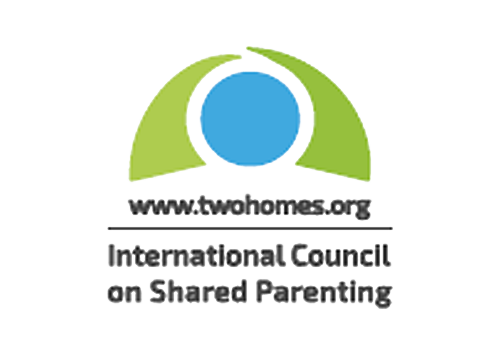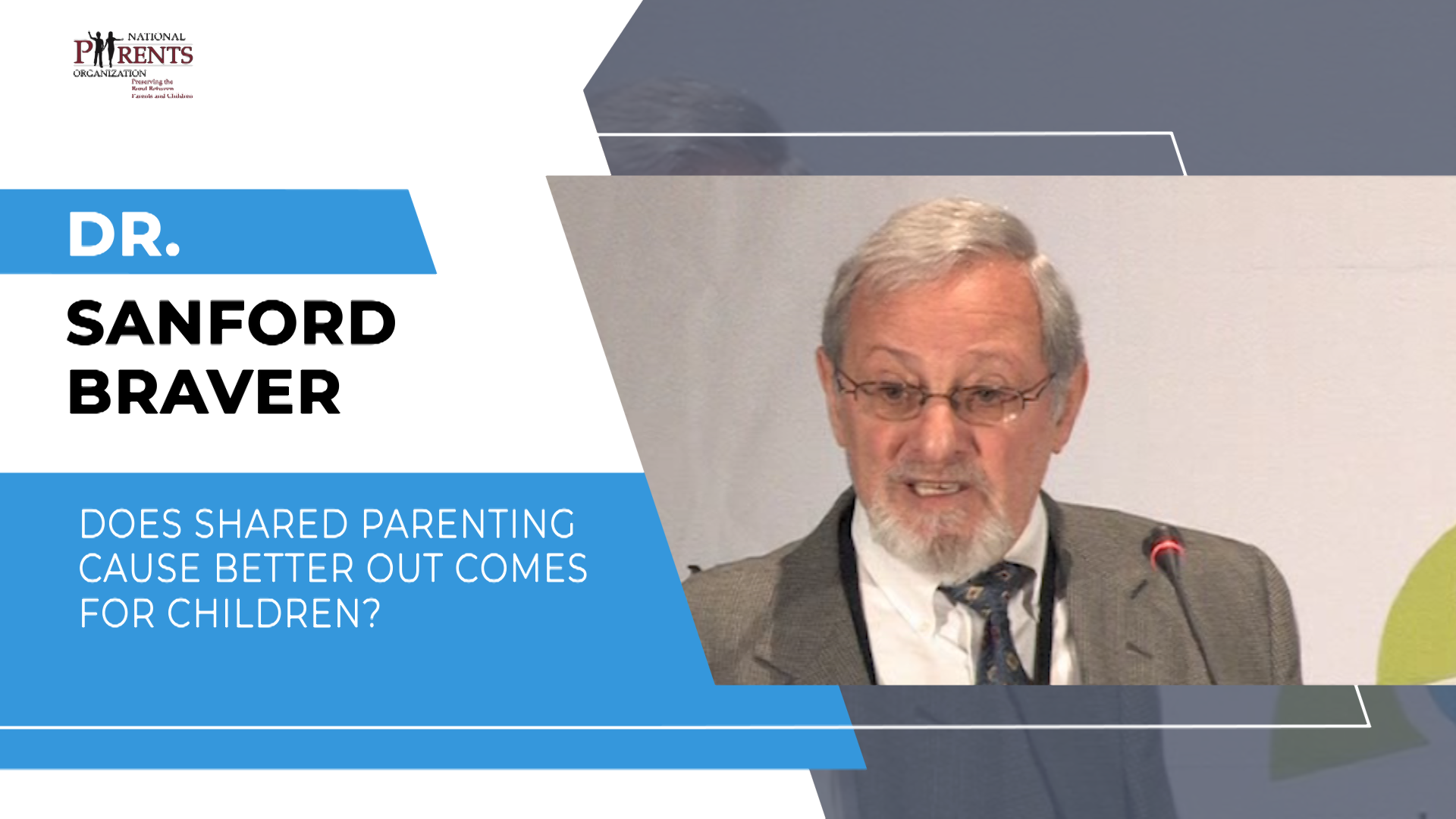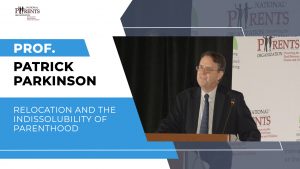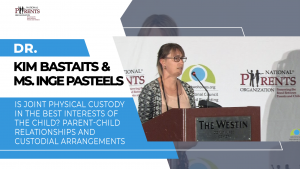Does shared parenting CAUSE better outcomes for children?
$0.00
Does shared parenting cause better outcomes for children?
Policymakers and researchers are concerned with whether joint physical custody (JPC) produces better outcomes for children than sole custody. Although several review articles summarizing up to 61 empirical articles demonstrate very positive answers, many of the research designs used compromise the ability to claim that it is JPC per se—and not selection effects—that causes the effect. I discuss several research design issues, such as propensity score analysis, that can more powerfully probe the question of causality. Some studies have already been conducted employing these strategies and more are recommended and likely to soon be forthcoming. On the basis of this comprehensive review I conclude that JPC probably does cause benefits to children on average, and that social scientists can now provisionally recommend rebuttably presumptive JPC to policymakers.
Presenter
Prof. Sanford Braver
Arizona State University, USA
Sanford Braver is a Professor Emeritus at (i.e., retired from) Arizona State University, where he served in the Psychology Department for 41 years. He was affiliated with ASU’s Social Psychology and Quantitative Psychology Doctoral Programs, as well as with the Prevention Research Center. He received his Ph.D. in Social Psychology at the University of Michigan in 1971. His primary research interest is in the dynamics of divorcing families, especially divorced fathers. To support this work he was the recipient of 18 competitively reviewed, primarily federal, research grants, totaling over $28 million. His work has been published in nearly 130 peer-reviewed professional articles and chapters, and he is author of 3 books including Divorced Dads: Shattering the Myths.








Reviews
There are no reviews yet.